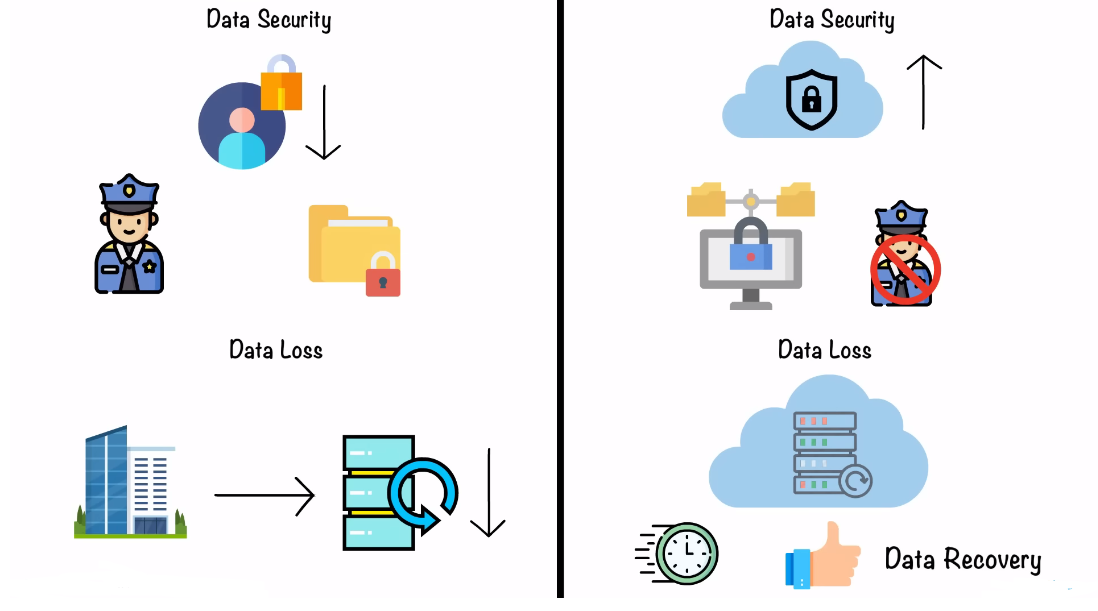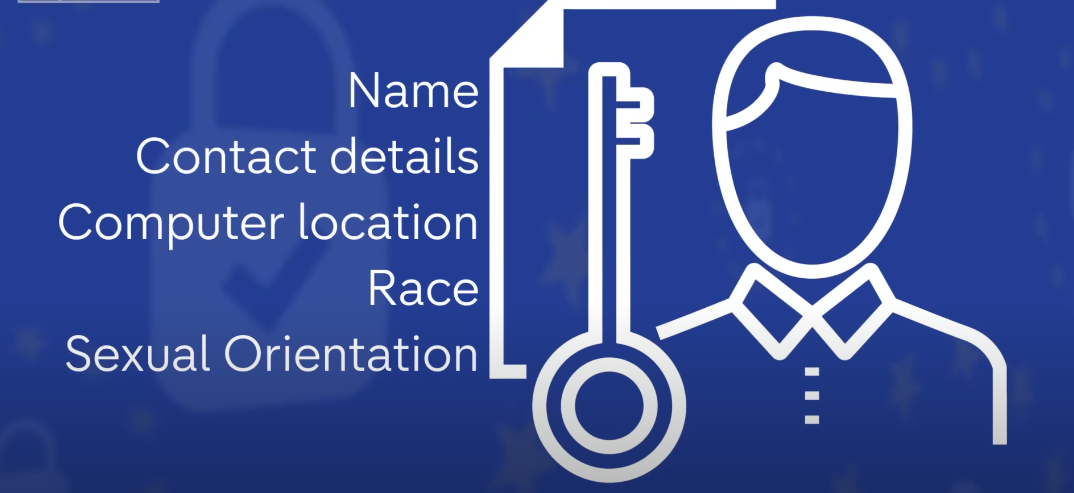Introduction
With the increasing reliance on cloud computing, questions have arisen regarding the extent to which cloud providers can access user data. In Europe, where data protection and privacy regulations are stringent, it is essential to understand the legal framework surrounding cloud data access.
Understanding Cloud Computing

Cloud computing involves the storage and processing of data on remote servers, which users can access over the Internet. It offers scalability, cost-effectiveness, and flexibility to businesses and individuals.
Data Privacy Laws in Europe
Europe has implemented robust data privacy laws to safeguard individuals’ rights and protect their personal information. The General Data Protection Regulation (GDPR), in particular, sets strict guidelines for data processing and transfers.
Balancing Privacy and Security

Maintaining a balance between privacy and security is crucial in any democratic society. While individuals have the right to privacy, governments have a responsibility to protect national security and prevent criminal activities.
Cloud Provider Responsibilities
Cloud providers play a significant role in protecting user data. They are responsible for implementing robust security measures, ensuring encryption, and maintaining data integrity. However, their responsibility does not include unrestricted access to user data.
Legal Frameworks and Procedures
In Europe, cloud providers must comply with the applicable data protection laws. Law enforcement or national security agencies can request access to specific data, but the process is subject to legal procedures and oversight.
Challenges and Concerns
Balancing the needs of law enforcement and national security with privacy rights presents challenges. There is a concern that unrestricted access to cloud data may lead to abuse, surveillance, or unauthorized disclosure of sensitive information.
Ensuring Data Protection
To ensure data protection, cloud providers must adopt strong security measures, including encryption, access controls, and regular audits. Transparency in their practices helps build trust and ensures compliance with data protection regulations.
FAQs
Can cloud providers access user data without any legal procedures?
No, cloud providers cannot access user data without proper legal procedures. Access to data for law enforcement or national security purposes must comply with the applicable laws and regulations.
Are there any limitations on the types of data that can be accessed by law enforcement agencies?
Yes, there are limitations on the types of data that law enforcement agencies can access. Access is typically limited to specific data that is relevant to an ongoing investigation or national security concerns.
What safeguards are in place to protect user data from unauthorized access?
Cloud providers are required to implement strong security measures, including encryption, access controls, and regular audits, to protect user data from unauthorized access.
How does GDPR impact cloud providers’ access to user data?

GDPR imposes strict guidelines on the processing and transfer of personal data. Cloud providers must comply with these regulations and ensure the protection of user data.
Can users request information about data access by law enforcement or national security agencies?
Yes, users have the right to request information about data access by law enforcement or national security agencies. Cloud providers should have transparency measures in place to address such requests.
Conclusion
In conclusion, cloud providers in Europe are subject to strict data protection laws and regulations. While law enforcement and national security agencies can request access to specific data, it must be done within the legal framework and with proper oversight. Cloud providers have a responsibility to protect user data and maintain the privacy and security of their customers.
